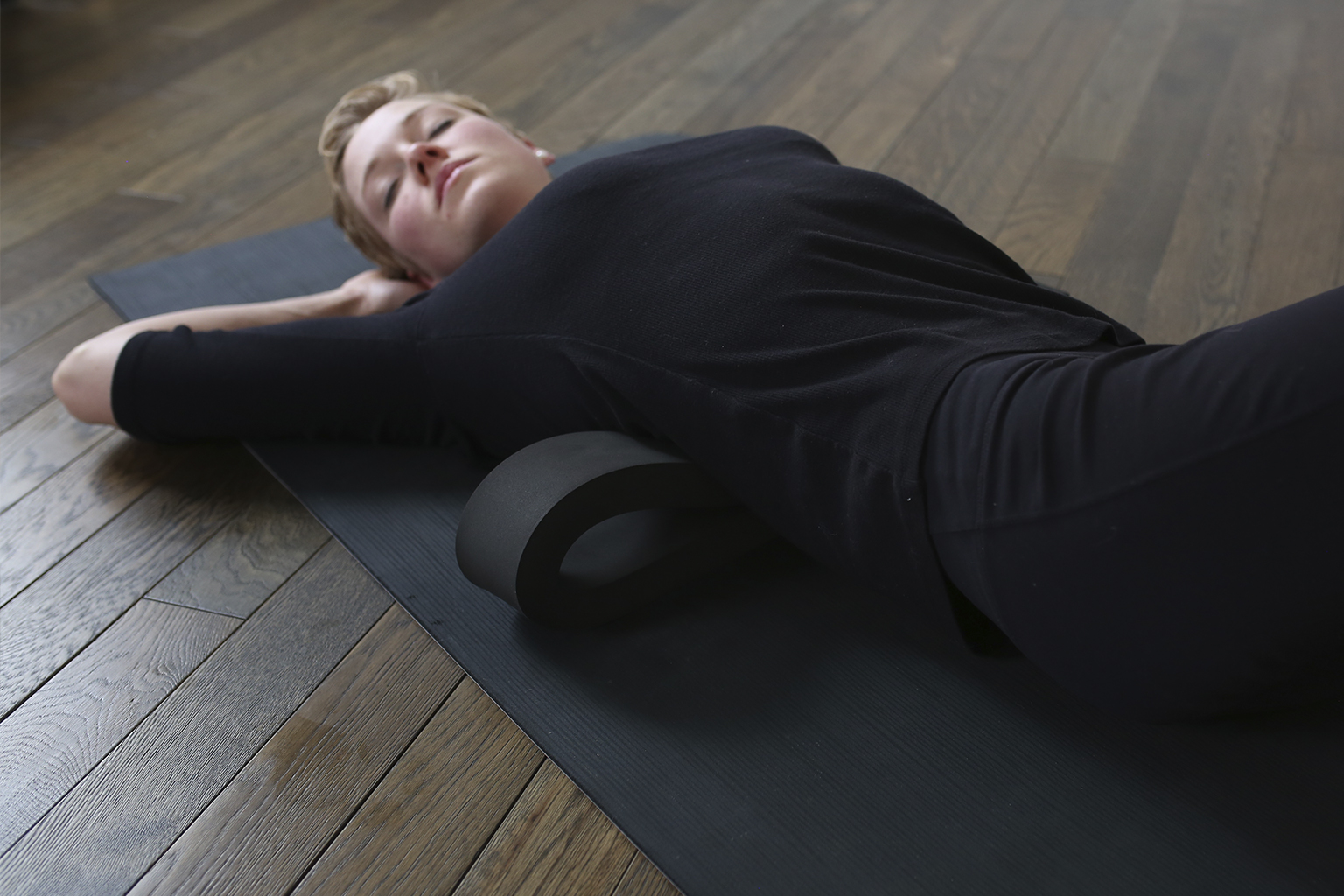Mental Health as an RMT: Discussing Burnout
As a registered massage therapist, it’s common to love what you do, but it doesn’t mean that the profession doesn’t come with its own set of challenges. It’s easy to forget about self-care when caring for others constantly. In this newsletter, we’ll be discussing mental health for RMTs, particularly focusing on burnout. Keep reading to learn about how to recognize burnout, ideas to help you reset, and more.
Establishing Burnout Awareness
It is essential for RMTs to be aware of burnout flags, especially during these challenging times of balancing COVID restrictions and rules, managing clients, and juggling personal responsibilities. While some signs of burnout may be obvious, others are easily missed. It is crucial to pay attention to the following indicators:
- Feeling physically and emotionally exhausted despite getting adequate rest
- Loss of passion or enjoyment in your work
- Decreased productivity and motivation
- Increased irritability or impatience with clients or colleagues
- Neglecting personal self-care, such as exercise or healthy eating habits
- Difficulty sleeping or insomnia
- Decreased self-esteem or feelings of worthlessness
If you notice any of these signs, it’s important to take action and prioritize self-care. Burnout can lead to a decline in mental and physical health, so it’s crucial to seek support and take steps to prevent it from escalating.
- Difficulty falling asleep or waking up in the middle of the night with a racing mind can be a sign of burnout. This can happen when you have a lot of stress and anxiety built up from work and life, and your mind is having a hard time shutting off. It can be helpful to establish a calming bedtime routine, such as reading a book or taking a warm bath before bed. Also, try to limit screen time before bed, as the blue light from devices can interfere with sleep. If the problem persists, consider speaking with a healthcare professional or therapist for further guidance.
- Constantly worrying about the future can also lead to feelings of anxiety and stress, which can contribute to burnout. It’s important to acknowledge these worries and work on finding ways to manage them. This can include practicing mindfulness and staying present at the moment, creating a plan or schedule to address any future concerns, and seeking support from a therapist or other mental health professional if needed. Remember to prioritize self-care and take breaks when necessary to avoid becoming overwhelmed by worry and stress.
- When you’re experiencing burnout, you may find yourself becoming more easily irritated or quick to anger. This can be due to a lack of energy and resources to manage your emotions effectively or simply feeling overwhelmed and stressed out. It’s important to recognize these changes in your mood and behavior as potential signs of burnout and take steps to address them. This may include taking breaks throughout the day, practicing relaxation techniques, or seeking support from a therapist or mental health professional.
- It’s essential to reconnect with the things that made you love your job in the first place. It can be helpful to take a break, reflect on your accomplishments, and remember why you chose to become an RMT in the first place. You can also try new things, like learning new techniques or incorporating new modalities into your practice, to reignite your passion for your work. Finally, if you’re feeling particularly burned out, it might be time to take a longer break, like a vacation or a sabbatical, to give yourself time to recharge and come back to work with renewed energy and enthusiasm.
|


Comments are closed here.